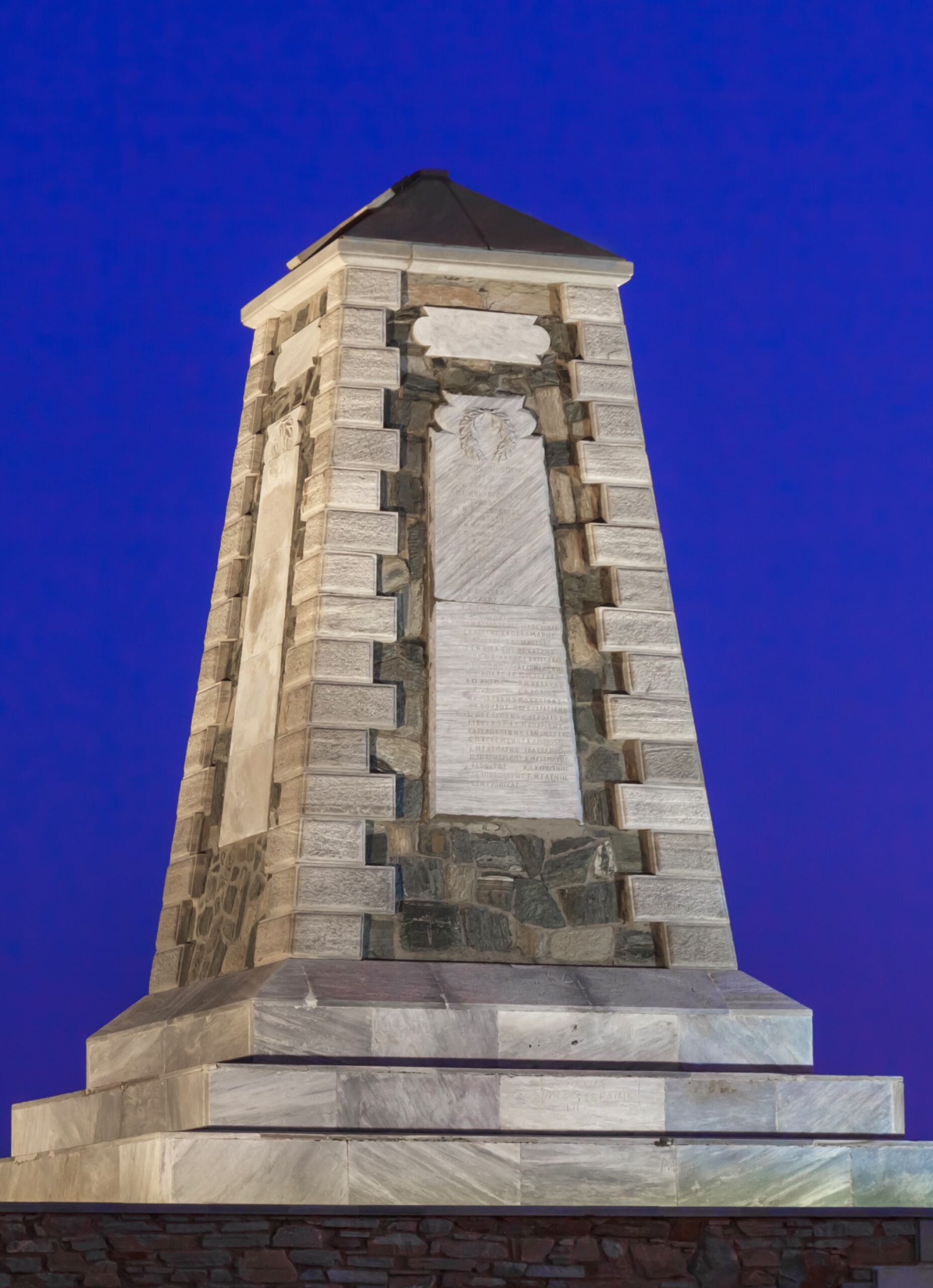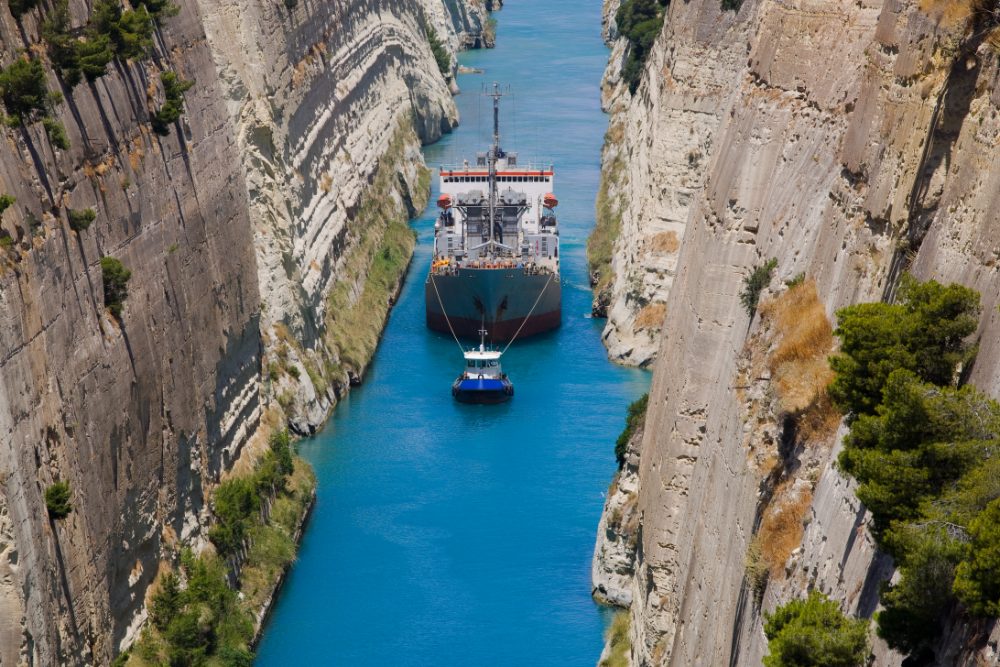
The Balkan Wars, fought from 1912 to 1913, were pivotal in shaping Greece’s modern territorial boundaries and its national identity. Greece participated in the First Balkan War alongside Serbia, Montenegro, and Bulgaria against the Ottoman Empire. The primary objective was to liberate territories inhabited by Greek populations and expand the nation’s borders.
As Greek forces advanced, they achieved significant victories, including the capture of Thessaloniki, a city with historical and cultural importance to Greece. The victory was met with widespread celebrations, symbolizing the restoration of a vital part of the Greek heritage.
The Second Balkan War saw Greece pitted against Bulgaria over territorial disputes, particularly concerning Macedonia. The conflict resulted in further territorial gains for Greece, solidifying its borders and establishing a stronger presence in the region.
By the end of the Balkan Wars, Greece had expanded significantly, acquiring regions like southern Macedonia and parts of Thrace. The wars marked a time of national pride and unity, although they also intensified ethnic tensions in the newly acquired territories. The incorporation of diverse populations led to challenges in governance and integration, as Greeks sought to establish a cohesive national identity amid varying ethnic backgrounds. Additionally, the nationalistic fervor that fueled the wars created expectations for further expansion, setting the stage for future regional conflicts.
Despite these challenges, the territorial gains profoundly impacted Greece’s geopolitical landscape and consolidated its status as a key player in the Balkans. The legacy of the Balkan Wars also highlighted the complexities of nationalism in the region, shaping Greek political discourse and decisions in the years leading to World War I and beyond. Ultimately, the outcomes of the wars would influence Greece’s ambitions and conflicts throughout the 20th century, reflecting the turbulent interplay of nationalism and regional dynamics.























